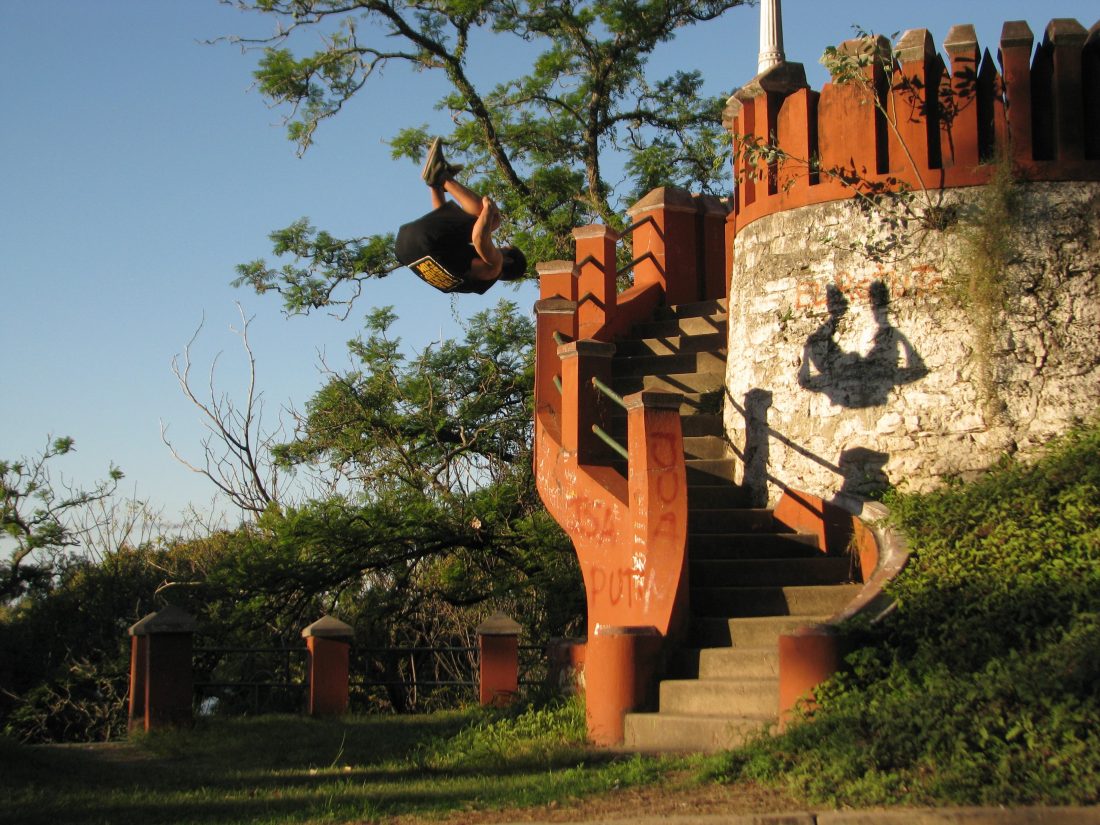
Re-interpreting Cities with Play: ReClaim’s first paper is out
The first paper from ReClaim, “Re-interpreting cities with play. Urban semiotics and gamification” has just been published!
The paper expands the presentation held the 24 October 2018 at the Playable Cities Workshop during the ArtsIT Conference in Braga, Portugal and its contained in the refereed post-conference proceedings of the 7th EAI International Conference on ArtsIT, Interactivity and Game Creation (ArtsIT 2018) in a volume by springer.
You can find the article in the Publications section!
This paper aims to propose a semiotic perspective for studying urban play in the wider frame of gamification, in order to deepen our understanding on how we can use play to affect the urban spaces and on what effects this might have on the citizens and their practices. In particular this paper focuses on outlining a meaning-centred approach to urban areas and to analyse how playful activities of reading and rewriting the city can influence the citizens’ perception and interpretation of the urban environment.
Urban areas are not new to becoming playgrounds. Everybody has, at least once, played at “don’t walk on the pavement lines”, or encountered an hopscotch chalk drawing on a side-walk. But the city is also home of new forms of play, such as Pokémon Go, or new playful performances like flash-mobs.
Playing in the city, however, is not simply a matter of entertainment or having fun. Situationism was maybe the first movement to point it out, even if not in these terms. Gilles Ivain, in his Formoulaire pour un urbanisme nouveau, underlines how a situationsit approach might save the city from the modern “mental illness” of a banality driven by production and comfort. Places devoted to playfulness, argues Ivain, are able to influence strongly the citizens’ behaviour and have a great force of attraction.
Nowadays the social importance of city-play is recognised again: it is seen, more and more, as an antidote to the anonymity of the urban environment. The inhabitants of cities feel increasingly powerless and disconnected in face of the changes brought by globalisation and by the ICT revolution. This is even more critical to vulnerable populations in a moment where the right to the city of lower classes, minorities and immigrants is often questioned. Urban play, on the other hand, reinforces the perception of “city ownership”: it is an activity that requires immersion and light-hearted engagement and is able to build communities around a shared experience.
The paper propose a meaning-centered understanding both of play activities (seen as resemantisations of the surrounding environment) and of urban spaces (seen as complex meaning-making machines) and shows how the first ones can be used to re-interpret the second ones. A few examples such as parkour and flash mobs are analysed in order to test the efficacy of the approach.




Sorry, the comment form is closed at this time.